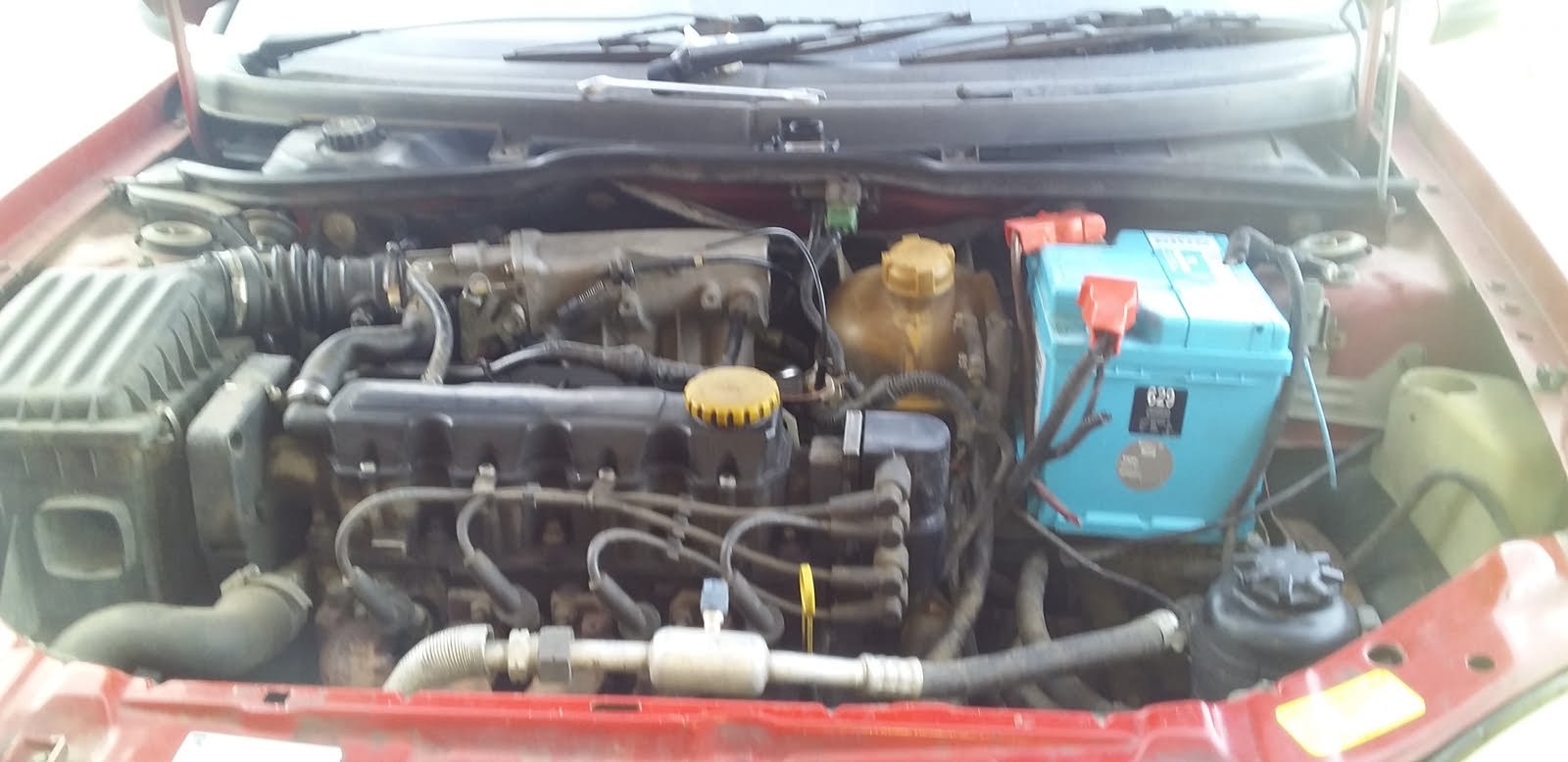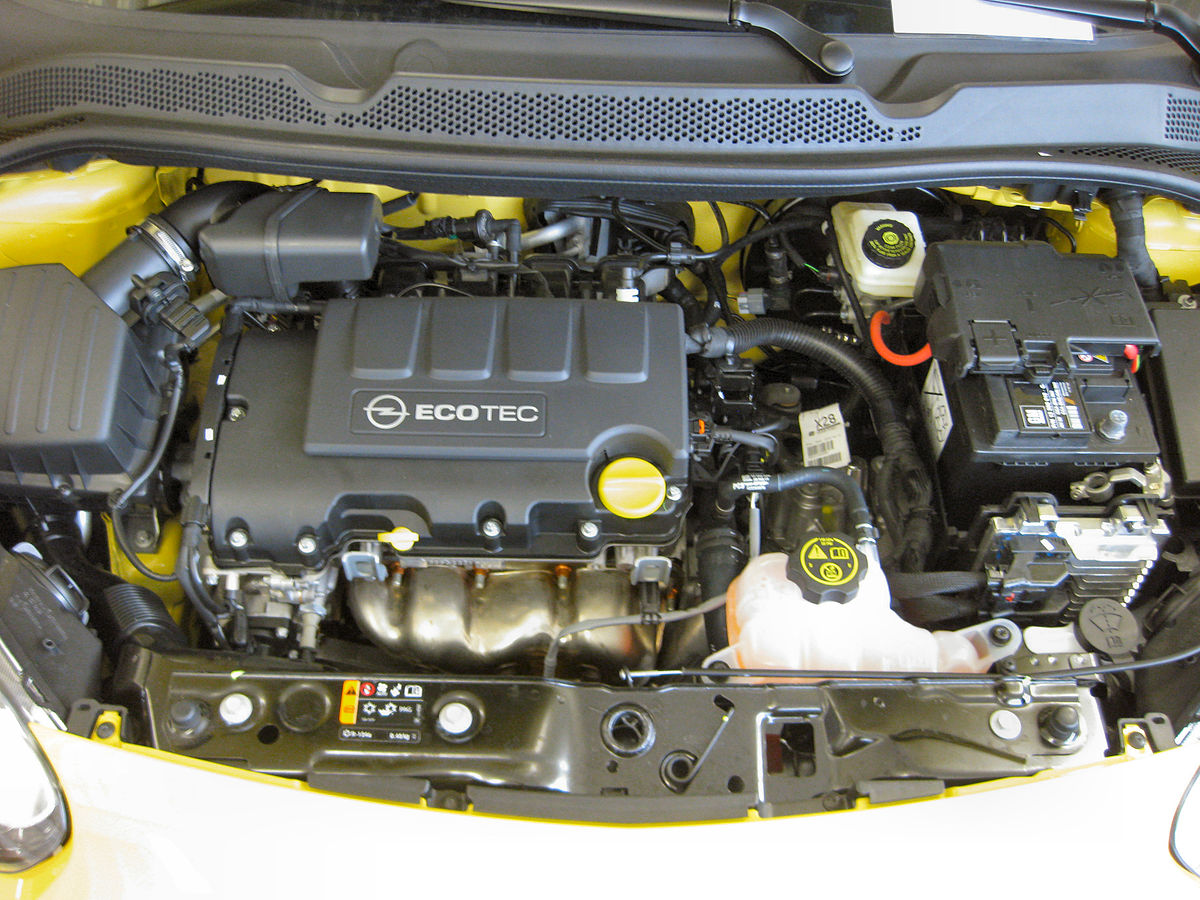Opel Corsa 1.4 Engine Price: Shop High-Quality Auto Components for Your Car
Opel Corsa 1.4 Engine Price: Shop High-Quality Auto Components for Your Car
Blog Article
Smart Purchaser's List: Trick Includes to Review in Engines Prior To Making an Acquisition
When taking into consideration purchasing an engine, there are a number of key functions that a discerning customer need to review to guarantee they are making a well-informed choice - Opel Corsa 1.4 Engine Price. From the type of engine to its efficiency metrics, fuel upkeep, toughness, and effectiveness costs, each facet plays a crucial role in establishing the engine's viability for the desired purpose. By meticulously examining these variables, purchasers can make an acquisition that not just satisfies their existing requirements yet additionally shows to be a wise long-lasting financial investment
Engine Type Evaluation

For applications needing high power output, such as heavy-duty industrial machinery or large cars, diesel motor are often liked as a result of their performance and torque abilities. On the various other hand, gasoline engines are frequently chosen for smaller sized equipment, cars, and power devices where lighter weight and greater RPM performance are useful.
Furthermore, the setting in which the engine will run have to be taken into consideration. Variables such as air, altitude, and temperature level high quality can influence the engine's efficiency and durability. Picking an engine type that is suitable for the specific operating conditions will certainly assist guarantee ideal performance and durability.
Efficiency Metrics Assessment
Examining performance metrics is vital in identifying the efficiency and effectiveness of an engine for its designated application. Gas effectiveness is an essential efficiency metric, highlighting just how effectively the engine converts fuel into useful power. Thermal efficiency, a step of just how well the engine converts warm from gas combustion right into mechanical work, is likewise fundamental in analyzing overall efficiency.
Gas Effectiveness Assessment
Examining gas efficiency is an essential variable in identifying the operational cost-effectiveness and environmental influence of an engine. Fuel efficiency refers to the amount of energy an engine can remove from a certain quantity of gas. It directly affects the overall business expenses of the engine, making it a vital consideration for purchasers wanting to maximize their long-term prices.
When reviewing gas performance, it is important to think about metrics such as miles per gallon (MPG) or liters per 100 kilometers (L/100km) depending on the region. These metrics give a clear sign of exactly how far an automobile can travel on a system of gas, allowing buyers to estimate gas prices properly. In addition, modern technologies like hybrid systems, turbocharging, and straight gas injection can considerably influence gas efficiency by enhancing burning performance and decreasing energy losses.
Inevitably, picking an engine with high gas efficiency not just decreases operational costs however also reduces carbon Homepage emissions, making it an ecologically aware option. By prioritizing fuel effectiveness during the investing in process, customers can make informed choices that straighten with their economic and environmental objectives.
Resilience and Dependability Examine

Considering the considerable influence of fuel efficiency on operational prices and ecological sustainability, the following important element to assess in engine purchase is the sturdiness and reliability of the engine. Longevity describes the engine's capacity to stand up to wear, rust, and stress over an extended period, ensuring a longer life-span. Reliability, on the other hand, relates to the engine's consistency in efficiency under various conditions without unexpected break like this downs or failures.
To analyze the sturdiness and dependability of an engine, several factors require factor to consider. Initially, examining the engine's building and construction materials and design can supply understanding right into its toughness and resistance to wear. In addition, examining historical data on the engine design's efficiency, upkeep requirements, and typical problems reported by users can help assess its integrity.
Moreover, certifications from reputable organizations, guarantee offerings, and manufacturer credibility for generating reliable engines are important indications of durability and reliability. Conducting comprehensive research, looking for suggestions, and evaluating maintenance records can aid in making an informed choice on purchasing an engine recognized for its long life and reputable efficiency.
Cost and Upkeep Considerations
When considering engine acquisition decisions, a vital aspect to delve into is the economic implications coupled with maintenance considerations. The price of an engine extends beyond the first acquisition rate. It is vital to analyze variables such as fuel effectiveness, continuous maintenance expenses, and the availability of extra components. Choosing a fuel-efficient engine might cause long-term price savings regardless of a possibly greater ahead of time cost. Additionally, evaluating the upkeep needs of different engine versions is essential. Some engines might necessitate regular servicing or specialized care, bring about boosted upkeep expenditures with time. Considering the accessibility and cost of extra parts is also paramount. Engines with easily easily accessible and fairly priced spare parts can significantly best site lower maintenance costs and downtime. Focusing on cost-effectiveness and convenience of upkeep can result in an extra sustainable and affordable engine financial investment in the lengthy run.
Final Thought
To conclude, it is vital for customers to completely examine vital functions in engines prior to making a purchase. By considering the engine kind, performance metrics, gas efficiency, sturdiness, integrity, cost, and maintenance needs, purchasers can make an educated decision that satisfies their needs and expectations. This detailed examination process ensures that purchasers select an engine that will provide ideal efficiency and long life for their intended usage.
From the type of engine to its performance metrics, fuel toughness, maintenance, and effectiveness prices, each facet plays an essential function in determining the engine's viability for the intended objective. Gas performance is a crucial efficiency metric, highlighting how efficiently the engine transforms gas right into useful energy. Fuel efficiency refers to the quantity of energy an engine can remove from a specific amount of fuel.Thinking about the substantial impact of gas performance on functional expenses and environmental sustainability, the following critical element to examine in engine purchase is the resilience and integrity of the engine. By considering the engine type, performance metrics, fuel effectiveness, longevity, upkeep, cost, and dependability demands, buyers can make an informed decision that fulfills their demands and assumptions.
Report this page